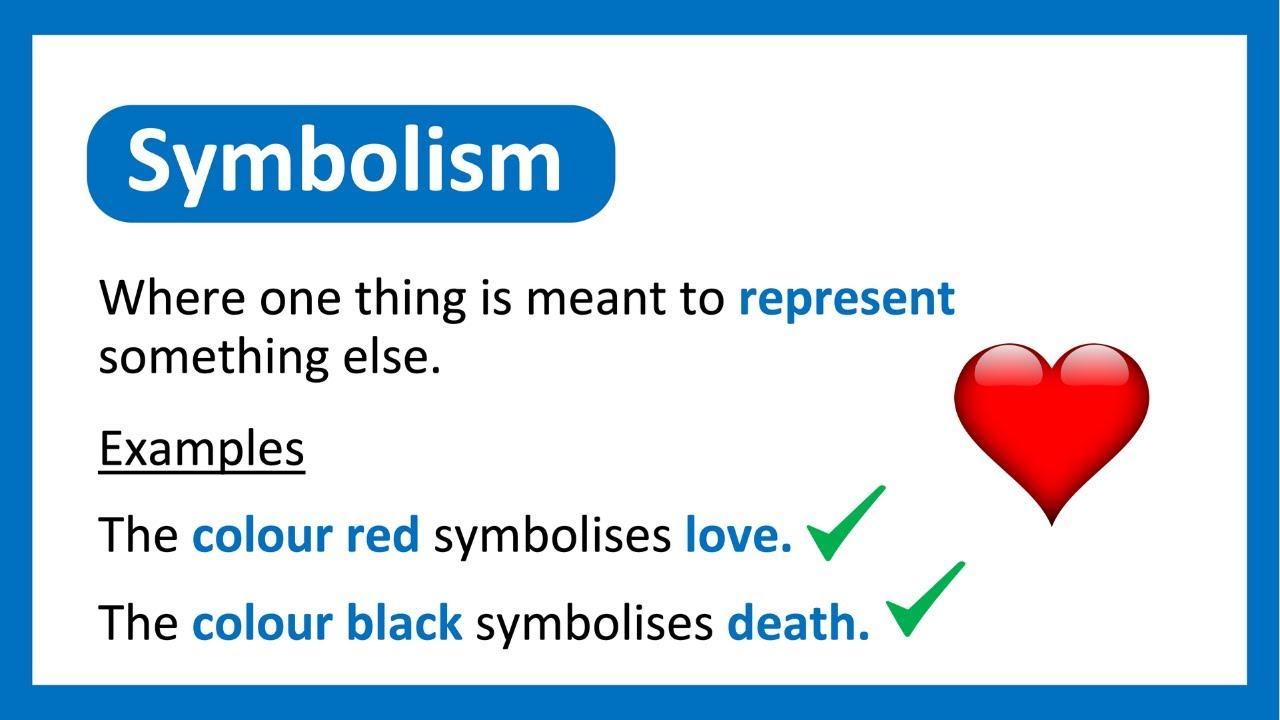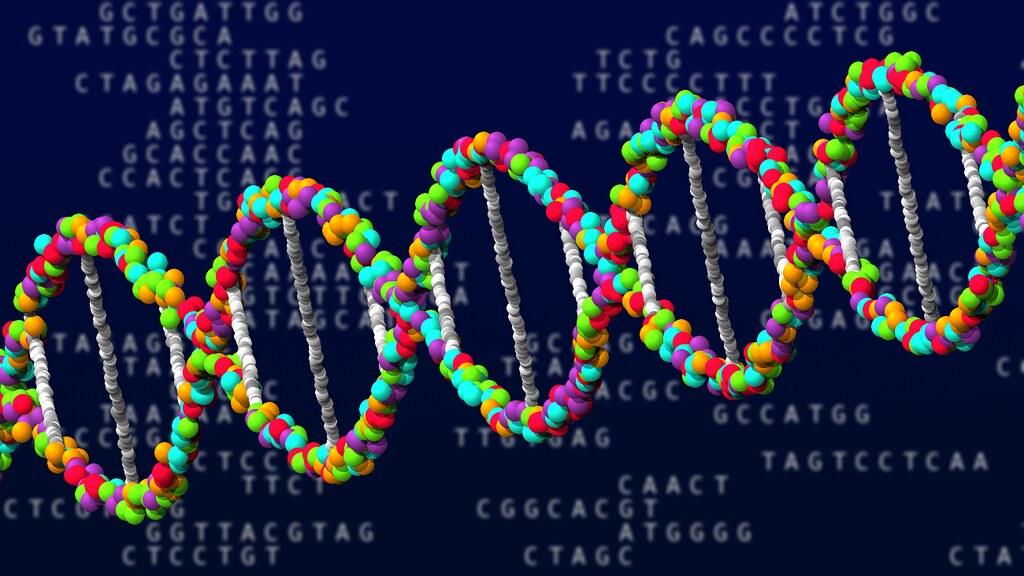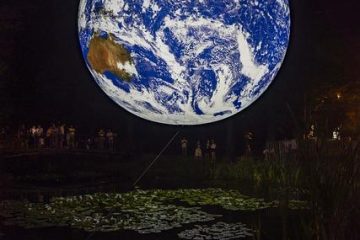Have you ever wondered about the hidden significance behind the intriguing name “Gaia Hypothesis”? Delve into the fascinating world of environmental science as we unravel the mystery and meaning behind this captivating term. Explore the depths of this concept and uncover the interconnectedness between Earth as a living organism and the delicate balance it maintains. Join us on a journey of discovery as we decode the essence of the Gaia Hypothesis and its profound implications.
Table of Contents
- Exploring the Origins of Gaia Hypothesis: Unraveling the Name’s Meaning
- The Symbolism Behind Gaia Hypothesis: Understanding its Significance
- Decoding Gaia Hypothesis: Implications of the Name
- Unveiling Gaia Hypothesis: Recommendations for Further Understanding
- Q&A
- The Way Forward
Exploring the Origins of Gaia Hypothesis: Unraveling the Name’s Meaning
The essence of the Gaia Hypothesis lies in its profound connection to the very fabric of our planet. Gaia, the primal goddess of Earth in Greek mythology, embodies the idea of Earth as a single, living organism with interconnected systems. The name Gaia holds within it the concept of the Earth as a self-regulating entity, suggesting a harmonious balance and interdependence among all living beings and the environment.
Exploring the origins of the Gaia Hypothesis unveils a journey of discovery into the intricate web of life on our planet. This hypothesis not only challenges traditional scientific views but also invites us to perceive Earth as a holistic and dynamic entity. Delving deeper into the meaning of the name Gaia reveals a rich tapestry of ecological wisdom and interconnectedness, urging us to rethink our relationship with the natural world and embrace a more holistic approach to environmental stewardship.
The Symbolism Behind Gaia Hypothesis: Understanding its Significance
The Gaia hypothesis, a fascinating concept proposed by scientist James Lovelock, delves into the interconnectedness of Earth as a living system. Through a lens of symbiotic relationships and feedback mechanisms, it portrays our planet as a self-regulating organism capable of maintaining conditions suitable for life. This idea challenges conventional views of Earth as simply a physical entity, emphasizing the intricate balance and harmony present within nature.
In exploring the symbolism of the Gaia hypothesis, we uncover profound insights into the sacredness of our planet and the inherent wisdom of its ecosystems. It invites us to revere Earth as more than just a backdrop to human existence but as a complex web of life where every organism plays a crucial role. By contemplating the significance of Gaia, we are encouraged to embrace a deeper connection with nature and recognize our responsibility in preserving the delicate balance that sustains all living beings.
Decoding Gaia Hypothesis: Implications of the Name
The Gaia Hypothesis, named after the Greek goddess of the Earth, carries profound implications that resonate throughout the realms of science, philosophy, and environmental studies. By decoding the essence of its name, we unravel a tapestry of interconnectedness and symbiosis that underpins the very fabric of our planet.
Through the lens of the Gaia Hypothesis, we are invited to contemplate the Earth not merely as a passive backdrop to life but as a living, breathing entity in its own right. This paradigm shift challenges us to reevaluate our relationship with the planet and recognize the intricate web of life that binds us all together in a delicate balance.

Unveiling Gaia Hypothesis: Recommendations for Further Understanding
In exploring the essence of the Gaia Hypothesis, it is crucial to delve into the profound layers of its name meaning. The term “Gaia” itself originates from Greek mythology, where Gaia is the primordial Earth goddess, symbolizing the interconnectedness of all living organisms with the planet itself. The hypothesis posits that the Earth functions as a self-regulating system, akin to a living organism, maintaining its own environmental conditions conducive to life.
To gain a deeper grasp of the Gaia Hypothesis, consider these recommendations for further understanding:
- **Study Ecological Interactions:** Examine the intricate web of relationships between living organisms and their environment to appreciate how Earth sustains life.
- **Explore Systems Thinking:** Adopt a holistic perspective to comprehend how various components of Earth interact and influence one another within the larger ecosystem.
- **Reflect on Sustainability Practices:** Implement sustainable habits in daily life to align with the Gaia Hypothesis principles and contribute positively to the planet’s well-being.
Q&A
**Q: What is the meaning behind the term “Gaia hypothesis”?**
A: The “Gaia hypothesis” takes its name from Gaia, the ancient Greek goddess of the Earth. In this context, Gaia represents the Earth as a living organism, suggesting that the planet functions as a self-regulating system capable of sustaining life.
Q: Who proposed the Gaia hypothesis and when?
A: The Gaia hypothesis was proposed by British scientist James Lovelock in the 1970s. Lovelock, together with microbiologist Lynn Margulis, put forth the idea that the Earth and all its living organisms form a complex, interconnected system that behaves as a single entity.
Q: How does the Gaia hypothesis impact our understanding of Earth’s ecosystems?
A: The Gaia hypothesis challenges traditional views of the Earth as an inanimate object, suggesting instead that the planet is a dynamic and self-regulating system. This perspective emphasizes the interdependence of all living beings and the environment, highlighting the importance of maintaining balance and harmony to ensure the continuation of life on Earth.
Q: What are some criticisms of the Gaia hypothesis?
A: Critics of the Gaia hypothesis argue that attributing a level of consciousness or intention to the Earth as a whole may oversimplify complex ecological processes. Some scientists believe that the Earth’s systems are the result of natural selection and evolutionary processes rather than a deliberate self-regulating mechanism.
Q: How has the Gaia hypothesis influenced environmental thinking and sustainability practices?
A: The Gaia hypothesis has played a significant role in shaping environmental awareness and sustainability efforts. By emphasizing the interconnectedness of all life forms and the environment, it has inspired a holistic approach to environmental management and conservation, promoting a deeper appreciation for the Earth’s delicate balance and the need to protect and preserve it for future generations.
The Way Forward
As we unravel the layers of the Gaia hypothesis and delve into the profound meaning behind its name, we begin to appreciate the interconnectedness of all life on our planet. The beauty of this theory lies in its ability to spark curiosity and reflection on our role as stewards of the Earth. By understanding Gaia, we not only grasp a scientific concept but also embrace a deeper understanding of our planet’s delicate balance. Let us carry this newfound wisdom with us as we navigate our way through the intricate web of life, always striving to nurture and protect our beloved Gaia.



0 Comments